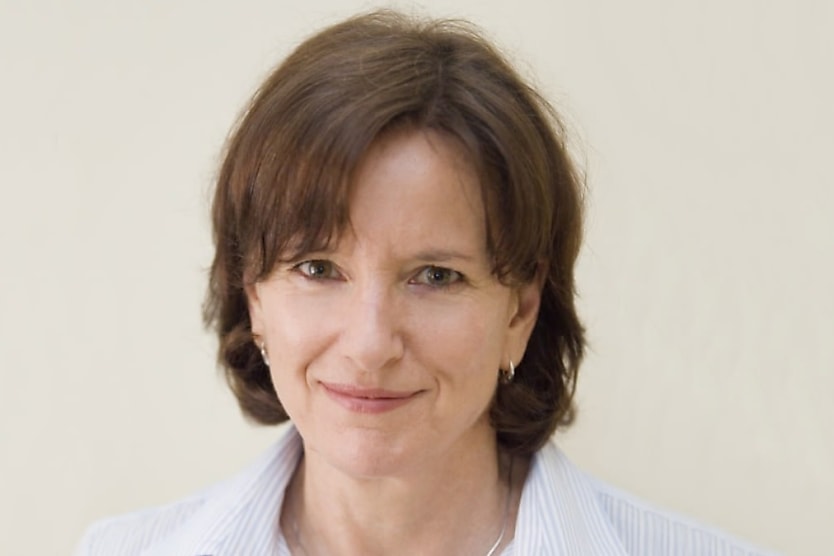
A growing proportion of our society is choosing to defer their retirement, for reasons varying from the low affordability of retirement, to the desire to remain intellectually stimulated and socially connected through work. However, for women over 50 in particular, ageism proves to be a serious limitation.
Ageism is real
Bonnie Marcus, the American executive coach (and author of the book Not Done Yet! How Women Over 50 Regain Their Confidence and Claim Their Workplace Power), surveyed almost 800 women in the USA, Canada, the UK, and Europe.
Key findings include:
- Eighty per cent of respondents experienced some form of gendered ageism.
- Seventy-seven per cent of those currently employed report experiencing gendered ageism in their workplace, yet many felt they had nowhere to go for help. Seventy per cent believe that raising the issue won’t make a difference.
- Twenty-six per cent of these women don’t trust HR. Of the 11 per cent who did take these issues to HR, 71 per cent were dissatisfied with the outcome. Of the 19 per cent who spoke to their managers, 44 per cent were very dissatisfied.
- Twenty-three per cent were afraid to risk losing their jobs if they raised their concerns.
Closer to home, the recent 2023 Employing and Retaining Older Workers Survey (carried out in partnership between the Australian HR Institute and the Australian Human Rights Commission) found that one in six organisations will not consider hiring people aged 65 and above. Only half of the HR professionals surveyed are open to recruiting persons aged 50 to 64.
Persistent misconceptions about women over 50
Across industries, there are various misconceptions about this demographic, for example:
- They expect high pay and job perks: Many employers assume that, due to their accumulated experience and skill, older women expect to take home a higher salary than their peers, in addition to extra perks. Employers frequently choose to hire a junior employee at a lower salary, believing this will be the more cost-efficient choice. The adage that “you get what you pay for” holds true – while an older employee may seek a higher salary, they also bring very valuable experience, wisdom and hard-earned skills to the job.
- They lack tech know-how: Women over 50 are generally perceived to be lacking the skills and knowledge required to manage new technology used in the modern workplace.
- They resist change and are slow to learn: The misconception is that older individuals don’t adapt easily to change and are set in their ways. Hazel Stewart, director of Innovate Learn, maintains that in a flexible working environment, with a culture of coaching, these employees can adapt to new and novel job requirements.
These assumptions about older women could be to the detriment of our economy, as a growing body of research has established that women over 50 have refined many of the skills and qualities that benefit workplaces immeasurably.
Given the serious labour shortages affecting Australian businesses, organisations would be wise to dispel these assumptions and see the tremendous potential that over-50 women have and the value that they can add to the business.
Bringing older women back into the workplace to address the skills shortage
Considering that women bring a unique set of skills to the table – especially the soft skills which are much harder to train but have become more sought-after – we should be doing more to bring these women back into our workplaces.
Experience, wisdom and insight: Women over 50 usually have extensive career and industry experience. They also tend to be good decision-makers, as they have more life experience. They’re less likely to make costly rookie errors, and they take accountability for their work. This also makes them great mentors for younger or less-experienced workers.
Communication and relationship-building: Studies have confirmed that women are better communicators than men. In 2019, for example, the Harvard Business Review published the findings of extensive research that concluded that women are rated as better leaders than men.
Purpose-driven approach: According to the 2022 Global Entrepreneurship Monitor, women are 20 per cent more likely than men to create companies with a social or environmental purpose.
More tech-savvy than you think: Research by Hodge in the UK found that 65 per cent of over 50s are using new technology more than they ever have. The COVID-19 pandemic accelerated their adoption of tech, as they had to use virtual platforms and digital tools for work or to stay in touch with loved ones. This demographic is not afraid of technology. They understand that digital platforms can be embraced to make life and work easier. Employers who are concerned that their older workers are not comfortable enough with new tech should implement training programs that impart the right skills.
In a global economy that’s fraught with uncertainty and new challenges, women over 50 are the leaders and colleagues that our businesses need.
Organisations need to challenge long-held assumptions about this demographic and, instead, find positive ways to keep and hire more women over 50.
By Hazel Stewart, director of Innovate Learn, a Melbourne-based distributor of solutions from Wilson Learning Worldwide.









